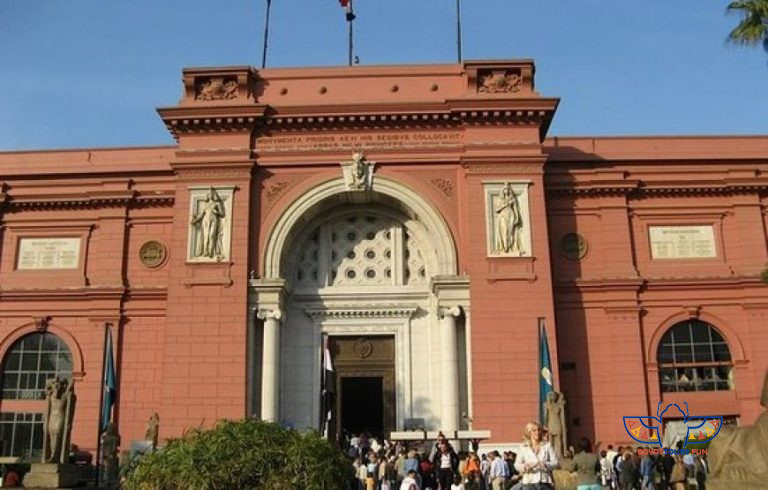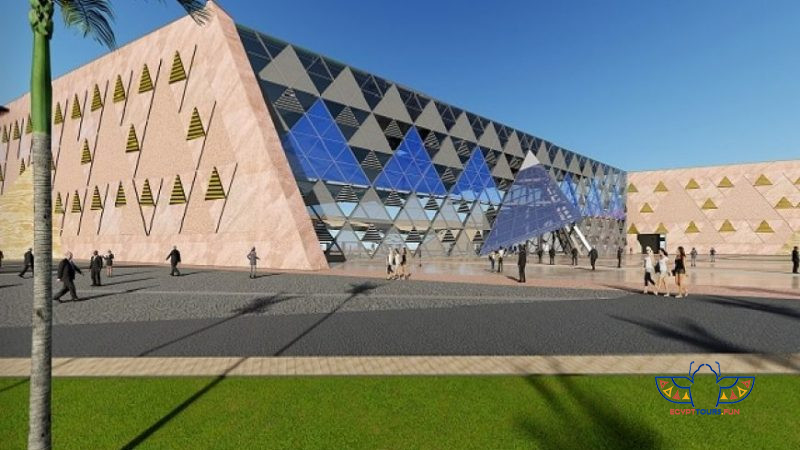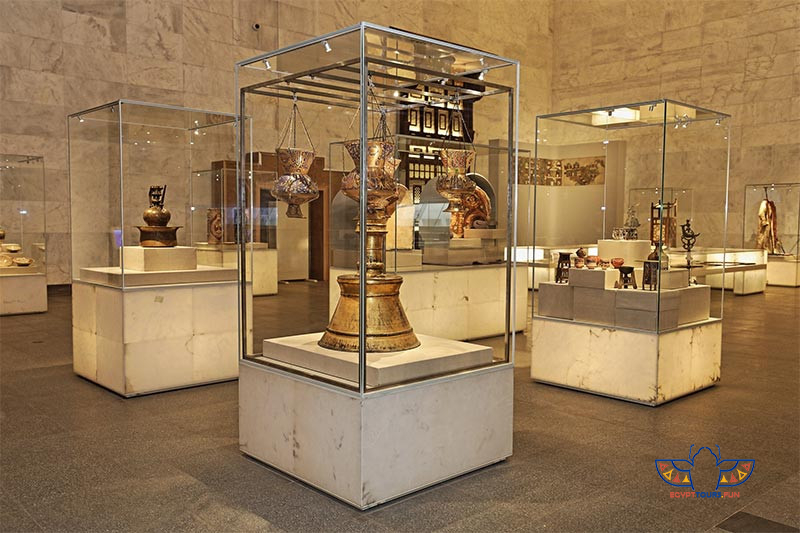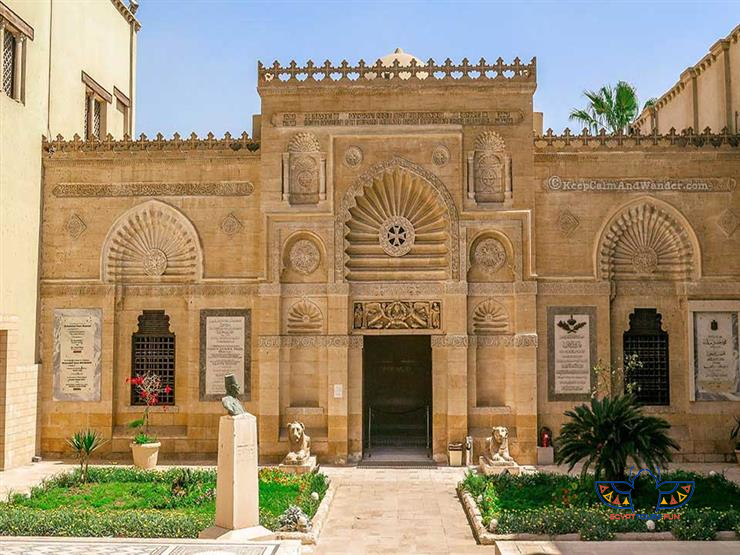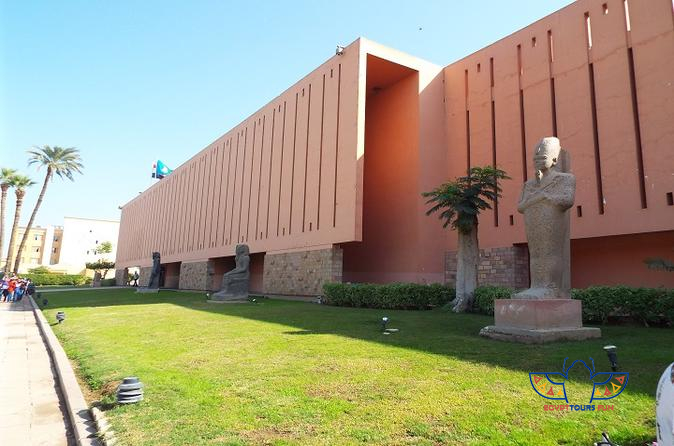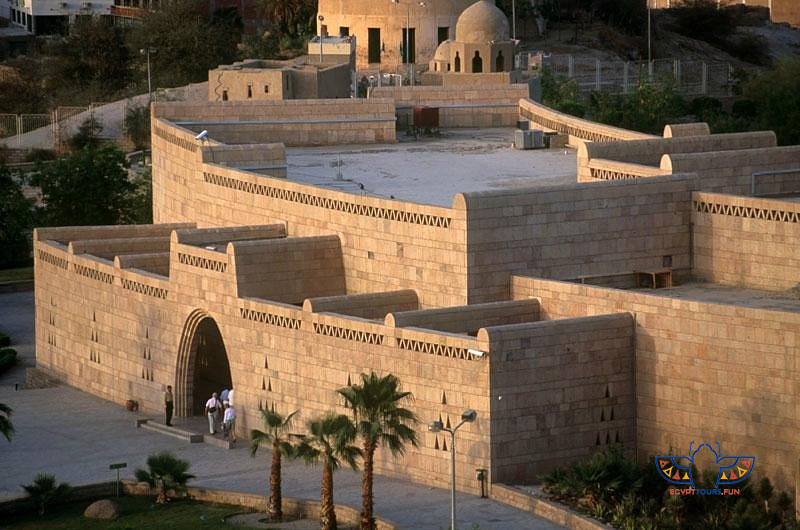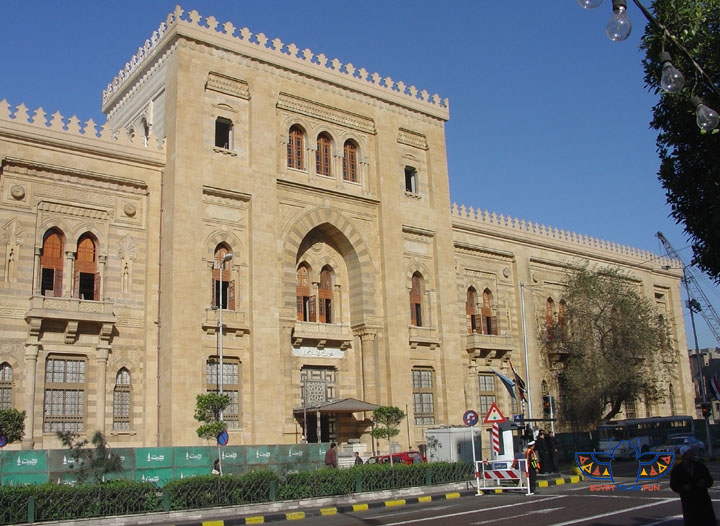Egyptian Museums: Discover Egypt's Treasures and History
Egyptian museums are gateways to the country’s rich history, housing priceless artifacts, mummies, and treasures from ancient civilizations. The Egyptian Museum in Cairo and the upcoming Grand Egyptian Museum showcase the legacy of pharaohs, gods, and everyday life in antiquity. A must-visit for history enthusiasts and curious travelers alike.
Egyptian Museums: FAQs, Highlights, and Travel Tips
What are the most famous museums in Egypt?
The most famous museums include the Egyptian Museum in Cairo, the upcoming Grand Egyptian Museum near the Giza Pyramids, and the National Museum of Egyptian Civilization (NMEC), which houses the Royal Mummies Hall.
What can I see at the Egyptian Museum in Cairo?
The Egyptian Museum in Cairo is home to over 120,000 artifacts, including the treasures of Tutankhamun, ancient mummies, statues, jewelry, and relics from Egypt’s pharaonic past.
When will the Grand Egyptian Museum open?
The Grand Egyptian Museum (GEM), located near the Giza Pyramids, is set to be the largest archaeological museum in the world. It is expected to fully open soon, showcasing an unparalleled collection of ancient Egyptian artifacts.
What is the National Museum of Egyptian Civilization (NMEC)?
The NMEC in Cairo highlights Egypt’s cultural heritage, from prehistoric times to the modern era. Its Royal Mummies Hall is a major attraction, displaying the mummies of famous pharaohs like Ramses II and Hatshepsut.
Are there museums outside of Cairo?
Yes, Egypt has several regional museums, such as the Luxor Museum, the Aswan Museum, and the Alexandria National Museum, each showcasing artifacts specific to their local history.
Can I take photos inside Egyptian museums?
Photography policies vary by museum. Some allow non-flash photography, while others may charge a fee or prohibit it entirely, especially in special exhibits or the Royal Mummies Hall. Always check the rules before visiting.
What are the must-see exhibits in Egyptian museums?
Must-see exhibits include Tutankhamun’s golden mask and treasures, the Royal Mummies, the Narmer Palette (Egyptian Museum), and the grand staircase of the Grand Egyptian Museum, featuring a colossal statue of Ramses II.
Are guided tours available in Egyptian museums?
Yes, guided tours are highly recommended to fully appreciate the history and significance of the exhibits. Many museums offer audio guides or professional tour services.
What is the best time to visit Egyptian museums?
The best time to visit is during the cooler months (October to April) and early in the day to avoid crowds. Weekdays are generally less busy than weekends.
How do Egyptian museums preserve ancient artifacts?
Egyptian museums use advanced conservation techniques, including climate control, restoration labs, and secure display cases, to protect and preserve their priceless collections for future generations.


